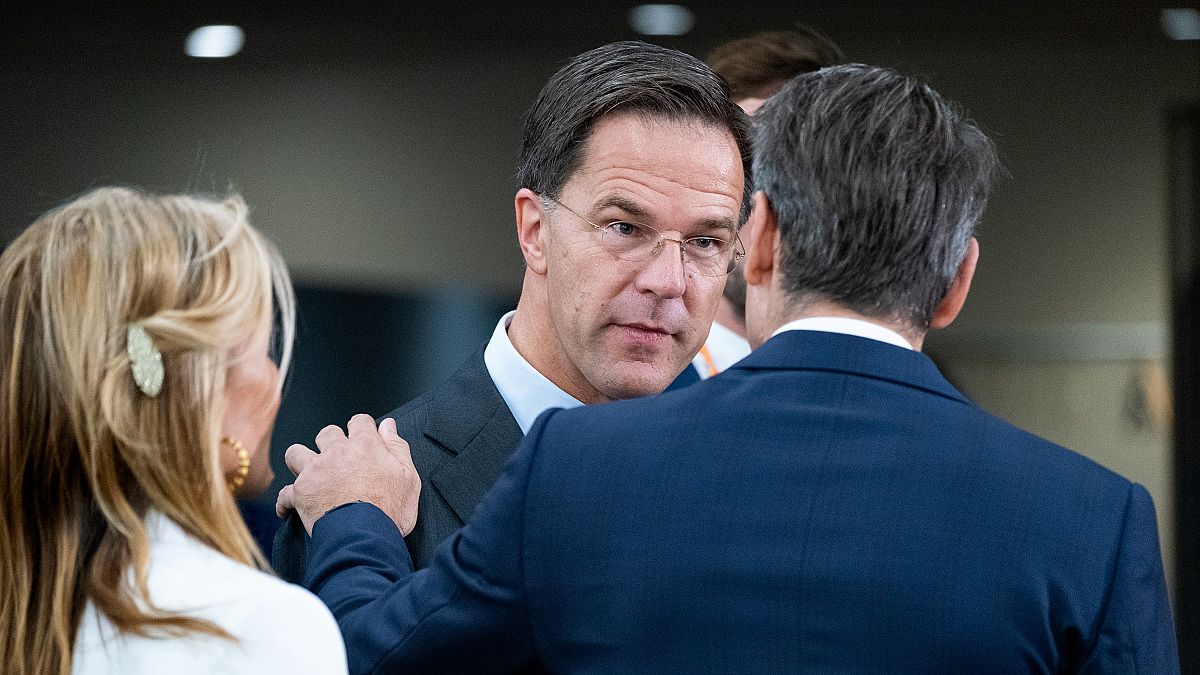The upcoming decision on who will lead NATO is a hot topic as current Secretary General Jens Stoltenberg is set to step down on October 1st. The decision will have major implications on the future of the alliance as it faces threats from Russia and uncertainties surrounding a potential second Trump presidency. The selection process for the NATO Secretary General involves informal diplomatic channels and requires consensus from all 32 alliance members. Traditionally, the role is held by a European senior political figure for a four-year term.
Mark Rutte, the current Prime Minister of the Netherlands, is the frontrunner for the position, with support from 29 of the 32 NATO members, including the US. Rutte’s potential appointment follows a trend of previous NATO leaders coming from countries like Norway, Denmark, and the Netherlands. While Rutte’s pro-Ukraine stance may be seen as a positive, there are concerns about escalating tensions with Russia if the new leader is too anti-Russian. Rutte’s moderate approach is seen as a Goldilocks candidate, balancing NATO consensus without provoking the Russian bear.
Despite Rutte’s strong position, there are still hurdles to overcome. Three significant holdouts, including Romanian President Klaus Iohannis, remain unconvinced. Hungarian Prime Minister Viktor Orbán and Slovakian Prime Minister Robert Fico also present challenges in supporting Rutte. The upcoming NATO Summit in Washington, DC, in July is expected to be a pivotal moment in making a decision on the new Secretary General. However, decisions may also be influenced by other EU leadership appointments taking place around the same time.
The Prague gathering of NATO foreign ministers in May may not be enough to resolve the impasse, with hopes pinned on the July NATO Summit. With the European elections in June and other EU top jobs appointments happening around the same time, side-deals struck during EU summits in June could help unblock the NATO quandary. The outcome of the US elections in November also looms large, with concerns that a potential Trump reelection could further strain the transatlantic alliance. Trump has been vocal about allies meeting military spending targets, and has made controversial statements regarding Russia.











